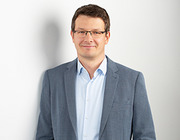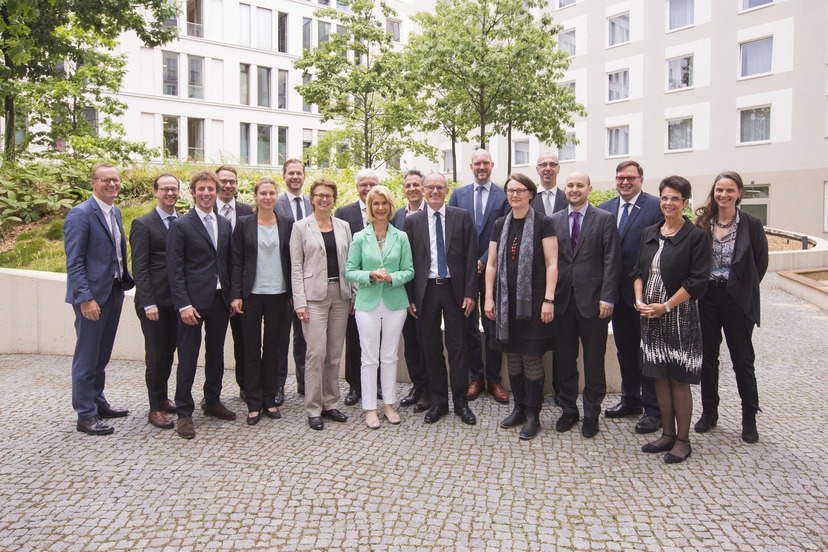Digitalization is one of the key megatrends that will play a crucial role in determining Germany’s future. Almost all areas of life are being affected by it. Digitalization entails a number of risks, such as its potential to create a digital divide in society. Above all, however, it offers significant opportunities for increasing participation.
The 2017 Reinhard Mohn Prize is dedicated to the topic “Smart Country - Connected. Intelligent. Digital.” The Bertelsmann Stiftung is using the prize to highlight the chances digitalization inherently presents - how it can create more and better opportunities for participating, for example, and improve existing networks and structures in a way that ensures everyone is able to participate.
![[Translate to English:] Konferenzteilnehmer mit ipad](/fileadmin/files/_processed_/6/2/csm_160704__MG_3024_JV_Expertenworkshop_Smart_Country_Original_58087_810bb365e2.jpg)









